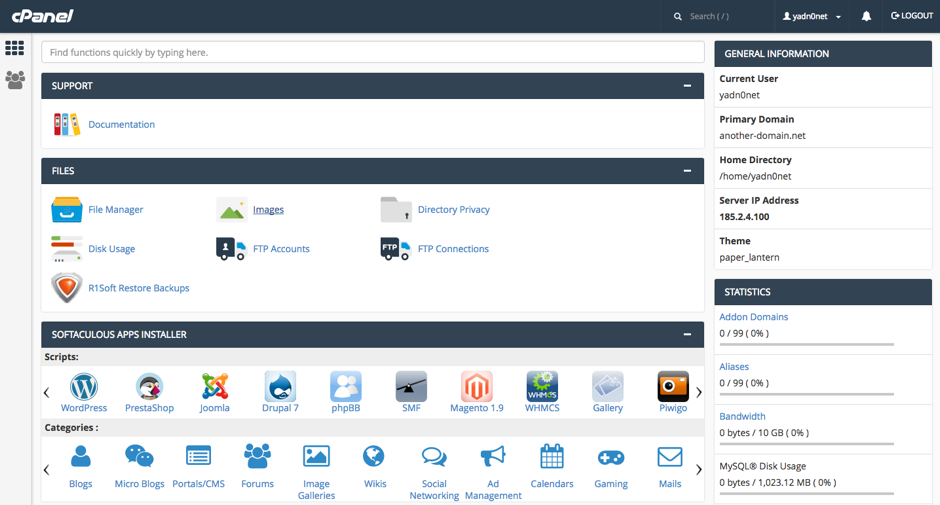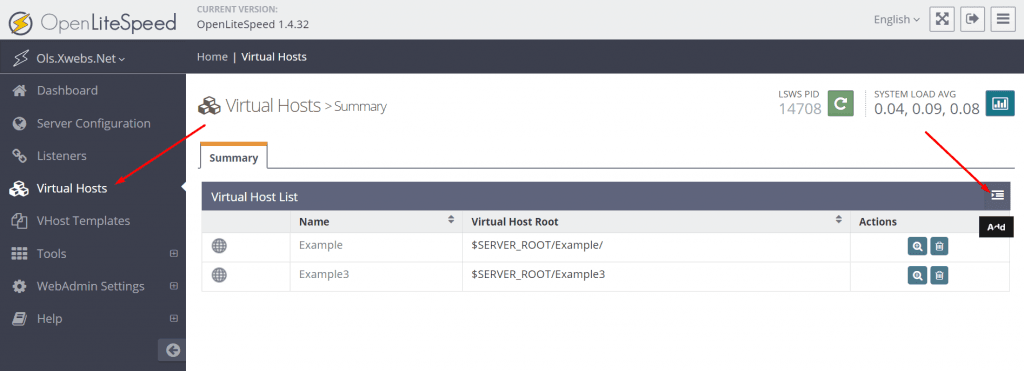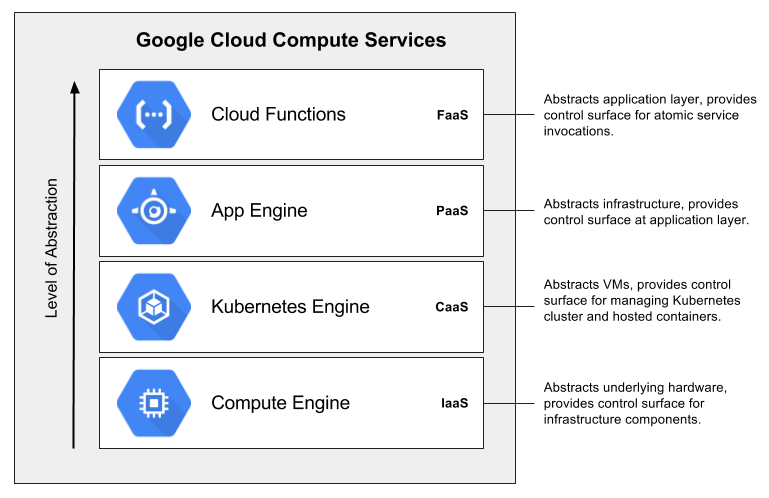
Differences between HTTP & HTTPS
The difference between HTTP and HTTPS is that one uses encryption. This is important if your site stores sensitive information such as an ecommerce website, a site with membership features or a digital payment system.
When a visitor visits your website, they send an HTTP or HTTPS request to your server for the content they are looking for. It happens each time a visitor visits a new webpage, clicks links, submits forms or interacts with content on your site.
What is HTTP?
Hypertext Transport Protocol, or HTTP in short, is standard Internet protocol used to communicate between web servers and browsers. This standard is used as the basis for Uniform Resource Identifiers (URI), a system which identifies pages on the internet and their content with the URL.

It is an open-source, simple network communications protocol which allows computers to share and connect. It is made up of multiple layers, such as the IP (Internet Protocol), which transmits data, and the TCP layer (Transmission Control Protocol), which manages packet packing and unpacking on either end of the link.
What is the HTTPS protocol?
HTTPS is the secure version of Hypertext Transfer Protocol, which encrypts information between web servers and browsers. This helps to prevent cybercriminals from intercepting or stealing user data while it's being sent between the two parties.
HTTPS is an encrypted protocol that relies on a digital certificate issued by a trusted third-party to encrypt the communication between your web server and you. This security helps to prevent unauthorized individuals from seeing your personal information, such as usernames and passwords, while it's being transferred between your computer and your web server.
What is a SSL certificate?
The SSL certificate is an added layer of security that enables encrypted communication between your web server and your web browser. This is the technology that you are using to encrypt all bank transactions with your debit and credit card.

What is TLS?
TLS or Transport Layer Security is a security protocol that helps protect user data. It works with the SSL certificate. It's a great option for any website that has login details or requires users to enter their personal information, such as e-commerce sites and those that have online membership features.
What are the SEO benefits?
HTTPS is not only more secure but also better for SEO. This is because it offers a clearer picture of the source of referral traffic to your website, which can help you make more informed decisions about your content marketing and SEO strategies.
If you're wondering what is the difference between the HTTP and HTTPS protocols, this guide should be a good place to start. This will help to explain the advantages of both protocols and which one would be best for your site.
FAQ
Do I choose WordPress or a web builder?
The best way to build an effective web presence is to start small. If you have enough time and resources, build a site. But if you don't have these resources yet, starting with a simple blog might be the best option. As you learn how websites are designed and developed, you can always add more features.
But before you build your first website, you should set up a primary domain name. This will give you a pointer to which to publish content.
How Do I Choose A Domain Name?
Choosing a good domain name is essential. If your domain name is not great, people won't be able to find you easily when they search the internet for your product.
Domain names should be simple, short, easy-to-remember, relevant to your brand and unique. In order to make your domain name memorable, people should be able to type it into their browsers.
Here are some tips for choosing a domain name:
* Use keywords related your niche.
* Avoid using hyphens (-), numbers and symbols.
* Don't use.net or.org domains.
* Do not use words you already know.
* Avoid using generic terms like "domain"/website.
* Check it's always available.
How much do web developers make?
You can expect to make between $60-$80 an hour working on your own website. But if you want to charge a lot more, you should consider becoming an independent contractor. A typical hourly rate for a freelancer could be between $150 and $200.
What technical skills do I need to design and construct my site?
No. You only need to have a basic understanding of HTML/CSS. You can find tutorials online for HTML and CSS.
Statistics
- Is your web design optimized for mobile? Over 50% of internet users browse websites using a mobile device. (wix.com)
- Did you know videos can boost organic search traffic to your website by 157%? (wix.com)
- It enables you to sell your music directly on your website and keep 100% of the profits. (wix.com)
- It's estimated that in 2022, over 2.14 billion people will purchase goods and services online. (wix.com)
- The average website user will read about 20% of the text on any given page, so it's crucial to entice them with an appropriate vibe. (websitebuilderexpert.com)
External Links
How To
What is website Hosting?
Website hosting is the place where visitors go to visit a website. There are 2 types.
-
Shared Hosting - This is your cheapest option. Your website files are stored on a server that is owned by another person. Your customers' requests travel via the Internet to your server when they visit your site. You then receive the request from the owner of the server.
-
Dedicated Hosting - This option is the most costly. Your website is hosted entirely on one server. You and your traffic are protected by the fact that no other websites share server space.
Most businesses choose shared hosting because it's less expensive than dedicated hosting. When you use shared hosting, the company that hosts the server gives you the resources to run your site.
However, both have their advantages and disadvantages. Here are the differences:
The pros of shared hosting:
-
Lower Cost
-
It's easy to set up
-
Frequent updates
-
It can Be Found On Many Web Hosting Companies
Hosting shared can be as low as $10 per month. However, this price typically includes bandwidth. Bandwidth is the data transfer speed that you have over the Internet. So even if you only upload photos to your blog, you may still pay extra money for high amounts of data transferred through your account.
You will quickly see why you paid so much for your former host once you have started. Most shared hosts don't offer any customer support. Although their techs may help you with setting up your site, it's not a common practice.
Providers that offer 24-hour customer support are worth looking into. They will help you deal with any issues that arise while your sleeping.
Cons of dedicated hosting
-
More Expensive
-
Fewer Common
-
Requires special skills
With dedicated hosting, everything you need for your website is at your fingertips. You won't have worry about whether your website is using enough bandwidth, or whether it has enough RAM (random-access memory).
This means you'll have to spend more upfront. However, once you start running your business online, you'll find that you won't need much technical assistance. You'll soon be an expert at managing servers.
Which Is Better for My Business?
This depends on the kind of website that you want. If you only want to sell products, then shared hosting might be the best choice. It's very easy to setup and maintain. Because you share a server, you will most likely receive frequent updates.
If you want to create a community around a brand, dedicated hosting may be the best choice. Instead of worrying about your traffic, you can build your brand while still being able to concentrate on your business.
Bluehost.com has both. Bluehost.com provides unlimited monthly data transfer, 24/7 support, free domain registration and a 30-day money back guarantee.